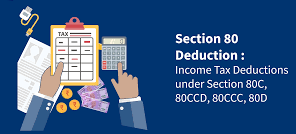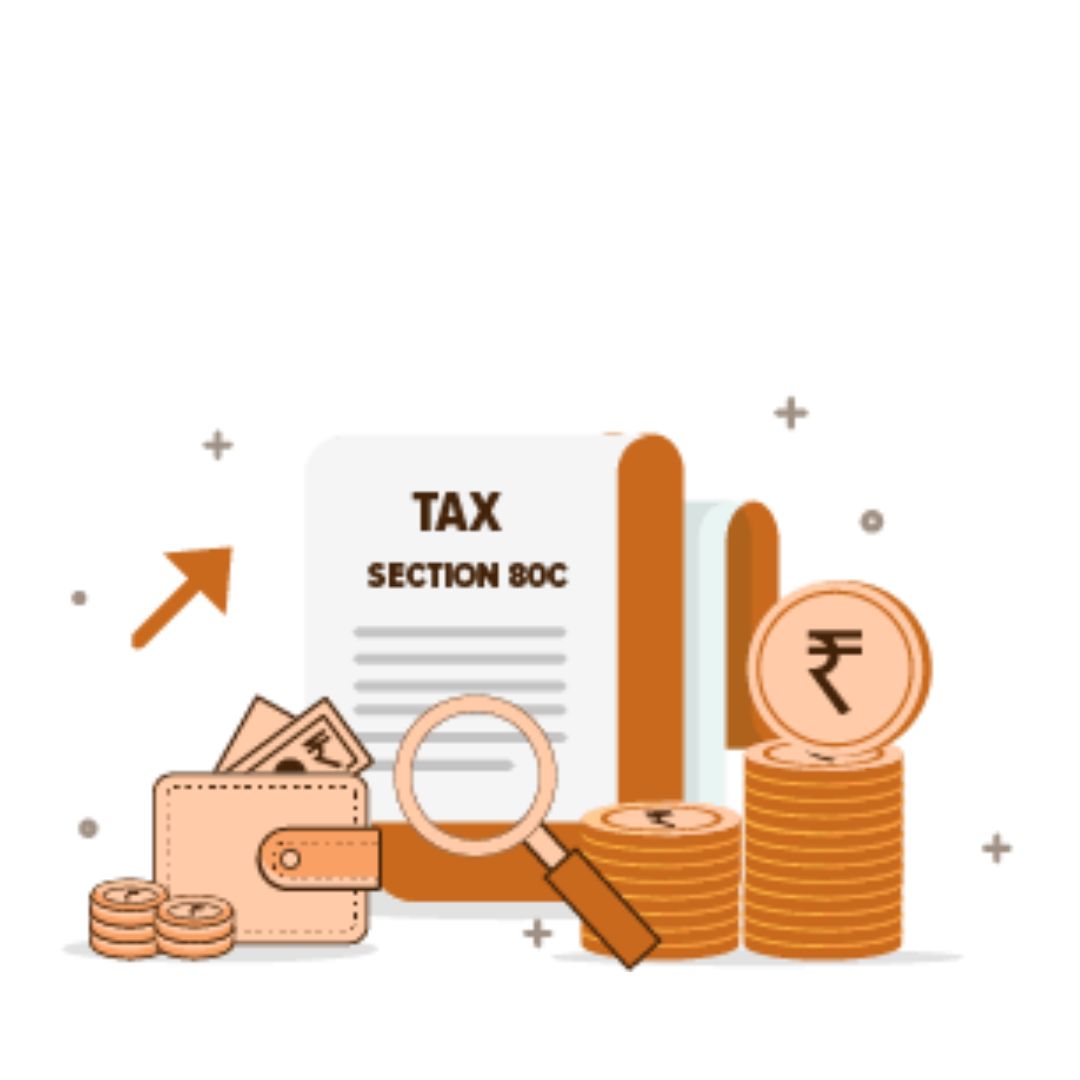Best mutual funds for retirement portfolios
Introduction Planning for retirement is one of the most crucial financial decisions in an individual’s life. A well-structured retirement portfolio ensures financial security and a comfortable lifestyle post-retirement. Mutual funds are a popular investment option due to their diversified nature, professional management, and potential for long-term growth. Choosing the best mutual funds for a retirement… Read More »









